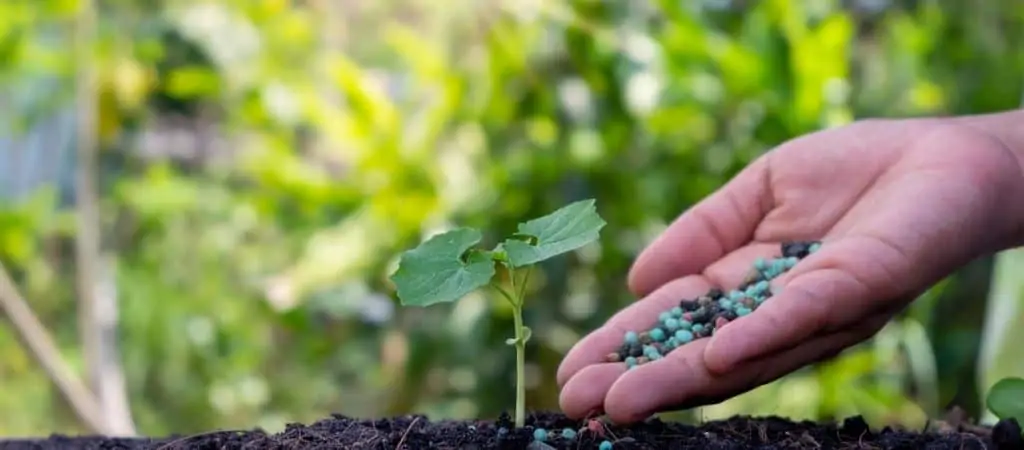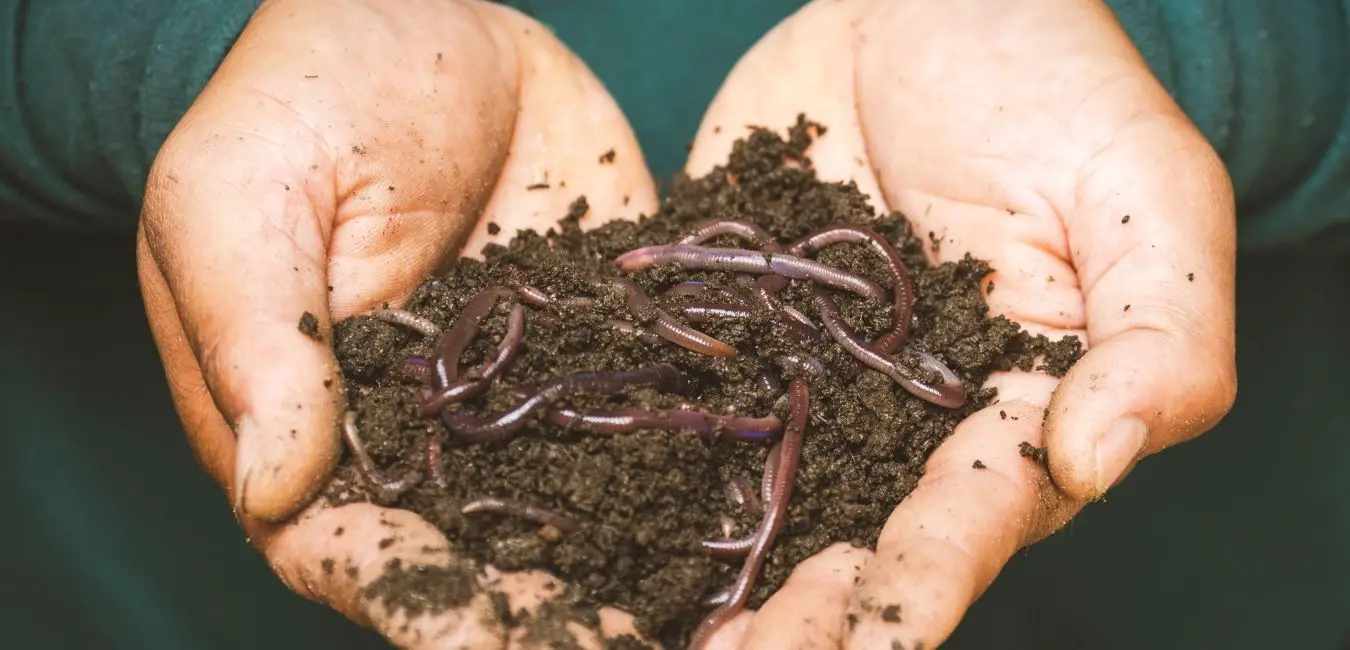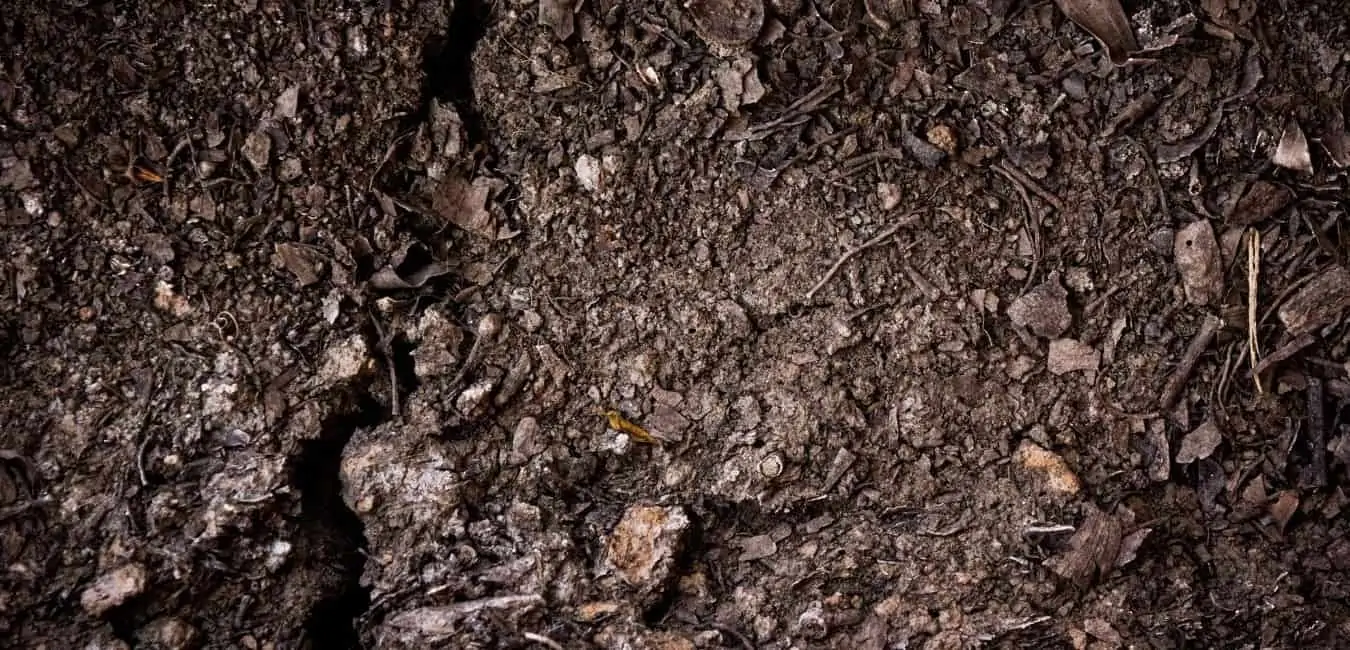What are NPK fertilizers?
Do you know what is NPK? Some of you may know while others don’t. I am sure no matter whether you know the details or not, you have used it in your garden. Possibly in one way or another. NPK is a common chemical fertilizer used extensively for crop farming. It is a fast-release salt or chemical substrate that gets absorbed quickly by the root system.
It is an acronym for the elements Nitrogen Phosphorus and Potassium. These are the three essential elements that a plant needs. The plants cannot use these elements directly so we use soluble salt-based compounds.

Have you read: What is Triple 16 fertilizer? How to use it? Lawn care
Nitrogen helps in shoot and leaves growth while phosphorus helps in developing a strong root system. It basically strengthens the entire vascular system that supports the movement of water and nutrition throughout the plant. potassium is useful in the development of flower and fruit structures. It is essential for the development of new plant parts including root tips.
In the mid-1800s a German scientist named Justus von Liebig proposed a theory that states Nitrogen, Potassium, and Phosphorus are the three essential ingredients that determine a plant’s good health. This theory was well accepted for more than 100 years.
Although with advancements in technology we have learned that there are many other essential nutrients that determine good plant health. Carbon, calcium, Iron, Manganese, zink, boron, and sulfur are just a few of those essential nutrients. It is true that they are required in lesser quantity but they are as important as NPK for plant growth.
Check out my previous post: Are Watermelons Perennial or Annual plants?
What is NPK fertilizer used for?
NPK fertilizer is used mostly to replenish soil nutrients. They release nutrients faster than any organic fertilizer. So if you want to give your plant a growth booster then try this one. Though you have to be careful with the concentration and quantity of NPK to use for a specific plant.
All types of NPK fertilizers contain different concentrations of Nitrogen Phosphorus and potassium. This is essential to maintain a proper nutrition balance for different plant types.
We can use NPK with a higher nitrogen concentration for leafy vegetables. Whereas NPK with low nitrogen and high potassium and phosphorus is helpful for flowers, fruits, and vegetables.
Therefore the main reason to use an NPK fertilizer is to get a higher yield in a short time span.
Is NPK fertilizer good for all types of plants?
Different plants can benefit from NPK fertilizer especially if they can absorb the available concentration of nutrients. If it can’t absorb it then either your money is wasted or the plant.
In simple words, One type of NPK is not always good for every plant. This is why we use different NPK concentrations for different plant types. Sometimes using a balance NPK concentration is better to use especially if you have different plants growing together in a small area.
Using a balance NPK composition can ensure the safety of every plant.
How Do I Start Composting? at my Home Garden
Different Types of NPK fertilizers
There are mainly two different types of NPK fertilizers available in the market. One is water-soluble and the other is not. Both of these varieties come in a dozen of different concentrations.
Commonly used NPK concentration are NPK 10:10:10, NPK 5:10:10, NPK 18:18:18, NPK 20:20:20, NPK 16:0:32 and many more.
Among these those with equal values in NPK are the balance fertilizers. Their Value indicates the ratio of Nutrient distribution in the overall weight of the fertilizer. Therefore, In NPK 10:10:10 you will get 10% of Nitrogen compound, 10% of Phosphorus, and the same 10% of Potassium, all by weight.
Now you may ask what about the rest of 70% of the fertilizer that I bout. It’s an interesting question and the answer to that is- The rest 70% of NPK 10:10:10 fertilizer is just filler. If it is water-soluble then 70% of leftover will have extra salt otherwise just sand or lime.
Sometimes you can find other essential nutrients mixed with NPK fertilizers like boron, iron, and sulfur. It will be clearly labeled on the package. This is very common with new fertilizer brands. Such composite NPK fertilizers are more useful than traditional salt-based NPK fertilizers.

You should read this: Why are there no Earthworms in my garden?-3 Reasons to know
How to Choose the right NPK fertilizer for your plants?
There is A simple rule to determine what type of NPK to use. First of all, if you need it working fast the go for water-soluble NPK’s. They dissolve quickly in the water and the plants can use them instantly.
Although if water is a problem then slow-release granular NPK is better for your garden. They will last longer than water-soluble fertilizers and keep feeding you plants for a longer duration.
Next, you have to decide the fertilizer according to the plant type. Yes, different plants react differently with specific NPK compositions. Identify your plant’s needs before deciding on the NPK fertilizer. Use high nitrogen NPK with concentration NPK 40:0:0, or NPK 16:0:32, or NPK 20:20:0 or NPK 18:18:18 for leafy vegetables. It can really boost the foliage growth within a couple of days but be careful with the quantity. Too much of anything is harmful and you cannot reverse it once your plant gets damaged by these chemical fertilizers.
Similarly, You can Use NPK 18:18:18 or NPK 0:16:32 or just any NPK with above-average Potassium and Phosphorus for vegies.
What is the Right Type of NPK for Vegetable Plants?
The term vegetable is itself very confusing for scientific explanation. First, you have to decide whether you are talking about leaves, fruits, stems, or roots of a plant. It is important coz anything we can cook that comes from plants can be termed a vegetable.
So if you are talking about leafy vegetables like spinach, Amaranth, or sprouts then use NPK with extra Nitrogen concentration. It will help it get bigger greener leaves. I always prefer NPK 40:0:0 in very dilute concentration from my greens. You try using just 2 to 3% dilution with water, simply use 2 teaspoons of these NPK in 1 gallon of water that’s it.
If you consume the whole plant as a vegetable then a balanced fertilizer like NPK 10:10: or NPK 20:20:20 is better to use.
Use NPK 16:8:32 or NPK 5:10:10 or any similar fertilizer along with Balanced NPK for fruits and root vegetables. A combination of Both NPK is essential to boost plant growth before fruit development.
Also read: Is Coffee Grounds Safe for Garden?
Where to Buy NPK fertilizers?
You should buy NPK or any chemical fertilizer from a trusted garden store. They have an expiry date labeled on the package and it won’t work after that. SO make sure the package you get is valid for this gardening season. It should have an expiry of at least 6 months from the date of purchase. It is important coz you may have to use it many times during the season and it should last for more than 6 months.
My favorite NPK fertilizers are NPK 10:10:10, NPK 18:18:18 or NPK 20:20:20 with sulfur, and those others with just one nutrient. They help me a lot with specific plants. You can check out their latest price on Amazon.
Can NPK fertilizer harm your plants?
Yes, definitely NPK fertilizers can harm our plants. It is a misconception that NPK is just as good as any compost. These are Chemical compounds. Their concentration is not balanced for natural soil dissolution. Therefore, too much of these fertilizers can change the soil ph and mineral concentration for a very long period.
It is an unfortunate event but in many studies, it is observed that more than 60% of commercial farming lands are polluted by excessive use of these fertilizers. They have lost their natural potent to support crop growth. This problem is common in every country known for high farming outcomes.
The salt in these fertilizers makes the soil saline. It also drops the soil ph to literal neutral with high salt concentration. It may seem alright while reading but the real condition is even worse.
A 1 or 2 point shift in soil ph values does not bother most of us the home and backyard gardeners. It is possible that some of our plants may die but this is not a big problem for sure. But if the soil ph of an agricultural lack shifts only 4 points then it can kill the entire crop like wheat, Paddy.
In worst cases, it is seen that too much salt concentration in the soil can make it infertile for decades. This phenomenon can be termed as chemical desertification of Agricultural lands.
You know there is something worse than that. The excess chemicals usually get washed off into water bodies once we flood the farmland just for irrigation. There these chemical disturbs the natural marine ecosystem. This cycle continues as we depend on the water coming from these water bodies.
So please try not to use excess Chemical NPK or any fertilizers in your garden. It’s not good for nature.
What are the advantages and disadvantages of NPK fertilizers?
Advantages of NPK Fertilizers:-
- NPK fertilizer can quickly replenish nutrition in the soil.
- You can get faster growth using NPK fertilizers.
- You can choose specific nutrients required by a plant.
- It can boot the flower and fruit size.
- Sometimes you can save a dying plant just with one application of NPK fertilizer.
Disadvantages of NPK fertilizer:-
- Overuse of NPK can increase the salinity of the soil.
- It can disturb the micro-ecosystem of the soil.
- Too much NPK can decrease the natural permeability of the soil.
- It can quickly change the natural ph level of the soil.
- Overuse of any NPK fertilizer can burn the root system and eventually kill the plant.
- You cannot undo the impact of NPK on your plants. Once it’s done it will work, no matter if it helps or worsens the plant’s condition.
- Too much use of soluble NPK can pollute water bodies and this will disturb the natural marine ecosystem.
- Excessive use of any chemical fertilizer can impact the lives of millions of living beings, yes we humans who depend directly on plants for the food source.
Should you prefer NPK fertilizer over Organic Compost?
No, there is no way to consider NPK better than organic compost. You will get enough growth in your plants just with organic compost. It only differs in the scale and concentration of nutrients that it releases into the soil.

For comparison, organic compost is a slow-release fertilizer whereas NPK is a comparatively fast-release fertilizer. It is chemical salt-based fertilizer.
Nowadays the use of chemical fertilizers has become a necessity. It is not bcoz that compost is slow or bad but the reality is that we have degraded the soil for so long that it cannot work on its own. We have to add chemicals to push it to the level of work.
It is true that you cannot get the same results with organic compost as faster as any NPK. Though the plus point with this approach is that you are enriching the soil texture and structure slowly day by day. Compost not only nourishes the soil but also activates the natural nutrition fixation.
In my experience compost is as good as any NPK fertilizer, even better in some cases if you give it sufficient time to work. Therefore in a practical situation, you must use both Compost and NPK with defined concentration and amount for your plants. This is the only way to maintain good plant health with better yield, and it works.

